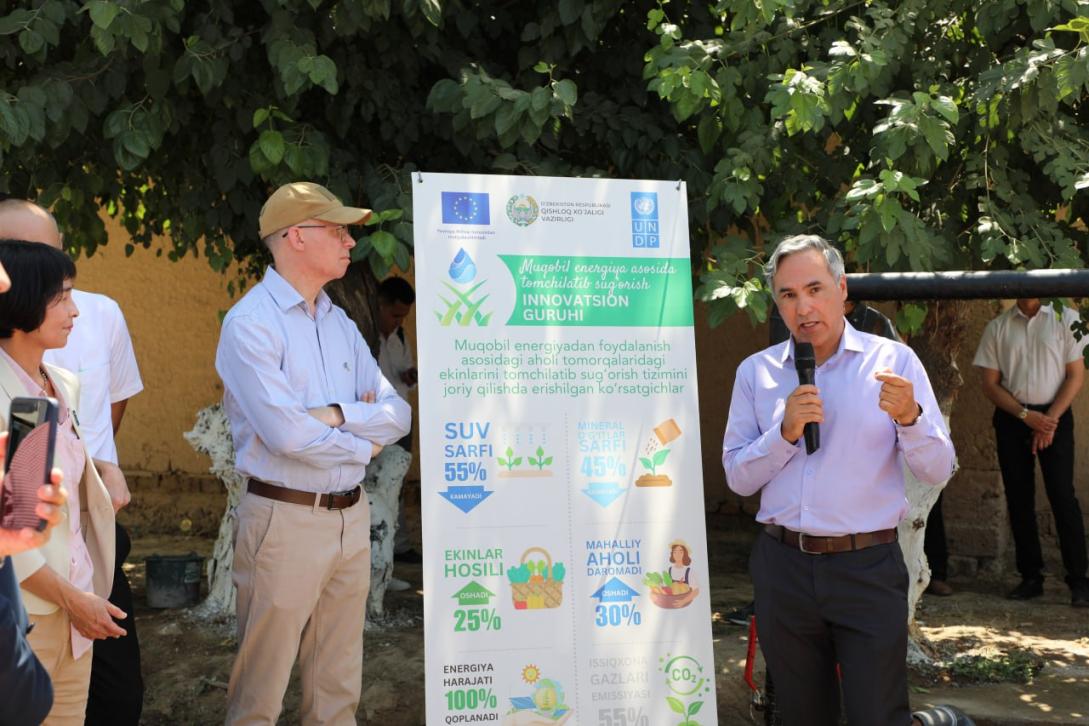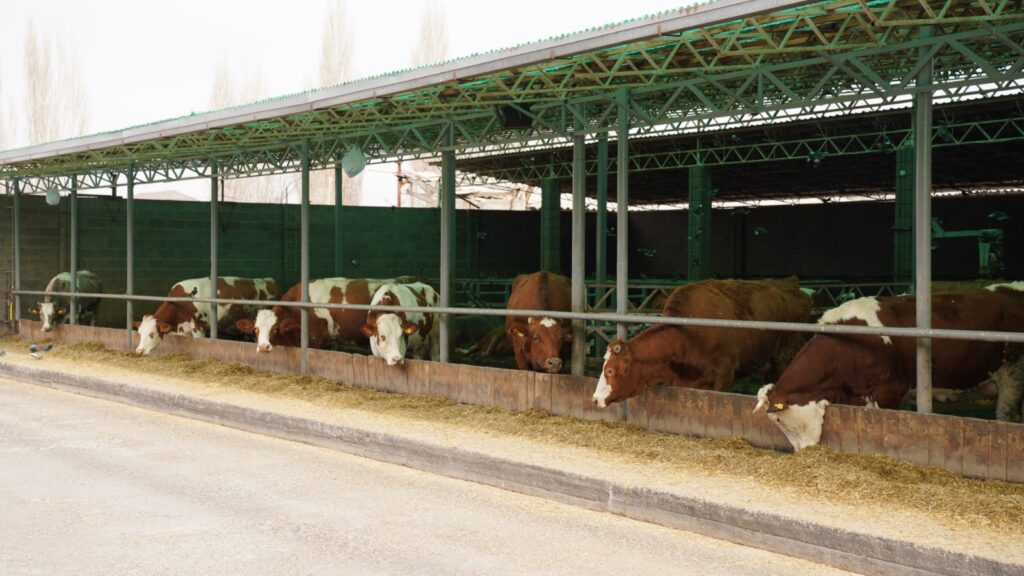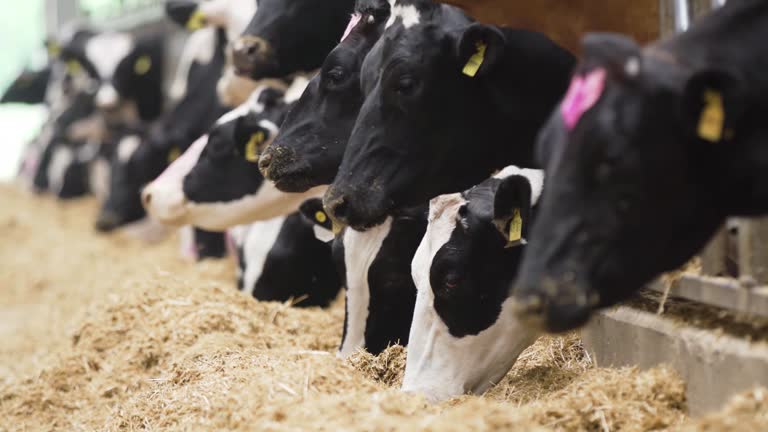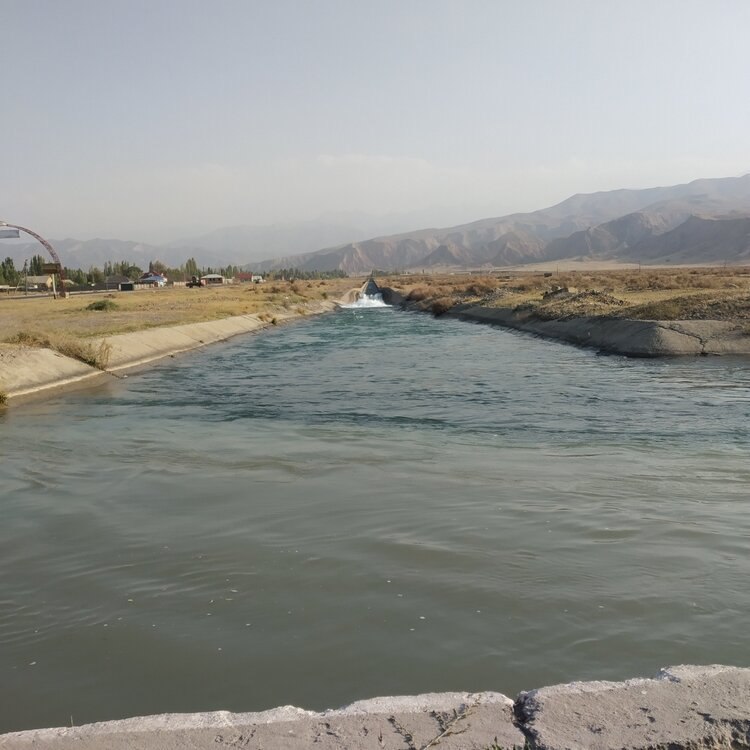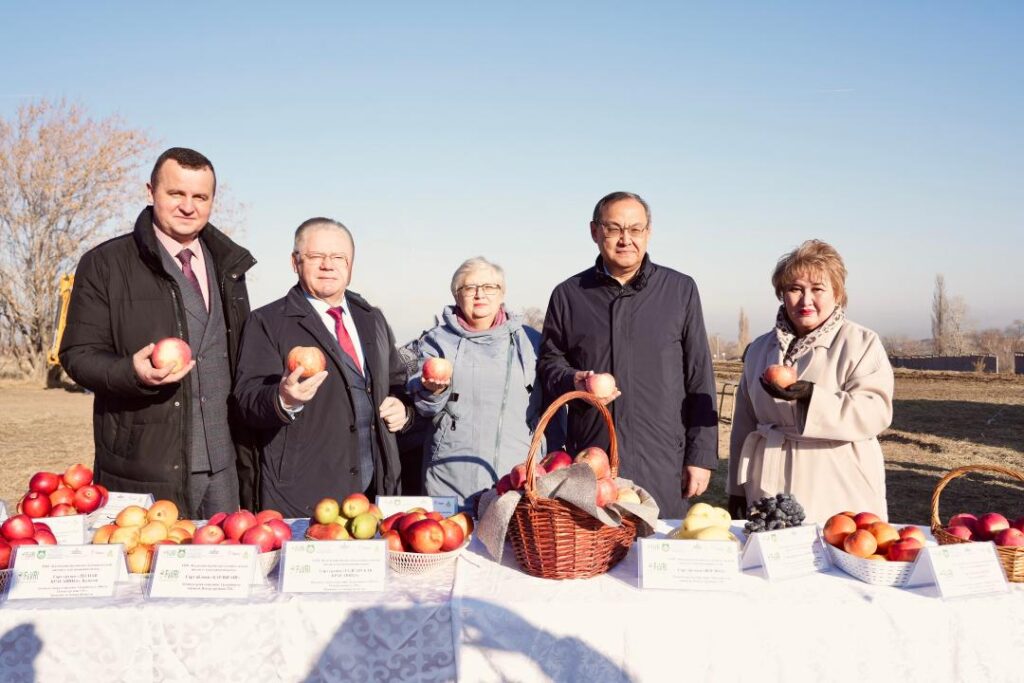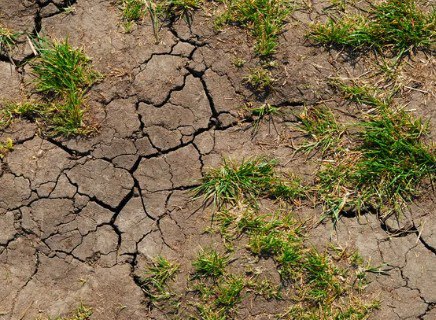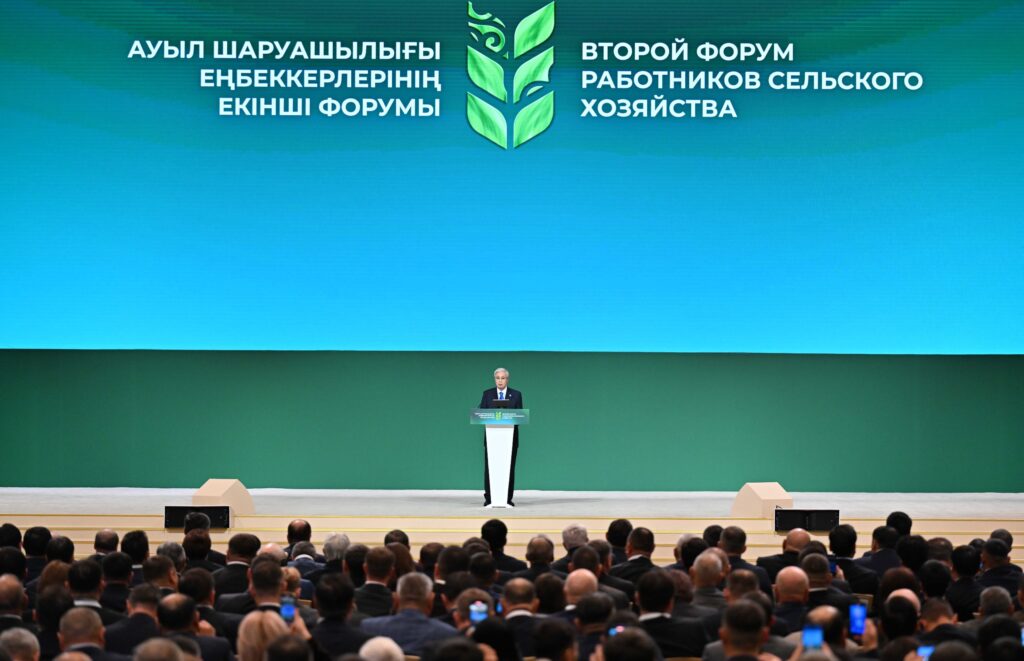A new drip irrigation system that runs on solar power has been introduced in the Akkurgan district outside Uzbekistan’s capital Tashkent. The irrigation system is being funded by the European Union, and is part of a project between the United Nations Development Programme (UNDP) and the Uzbek Ministry of Agriculture.
Increasing water scarcity is a serious challenge in rural Uzbekistan. Many families rely on their backyard gardens to grow vegetables, and better irrigation will help rural communities to become more economically sustainable.
The system includes a water pump that extracts water from a vertical well at a depth of 180 meters, supported by solar panels. The system irrigates 0.8 hectares of land, benefiting 10 households and saving nearly 60% of water compared to traditional irrigation methods. The excess electricity generated by the solar panels is sold to the State Electricity System, and the revenue is used to manage and operate the irrigation well and the drip irrigation network.
Mr. Wim Riepma, Head of Cooperation of the European Union’s Delegation to Uzbekistan, commented: “This solar-powered drip irrigation system not only addresses water scarcity but also paves the way for more sustainable agriculture in Uzbekistan. Most importantly, it directly benefits local families by increasing their access to electricity and water for irrigation, thus enhancing food security and incomes.”
